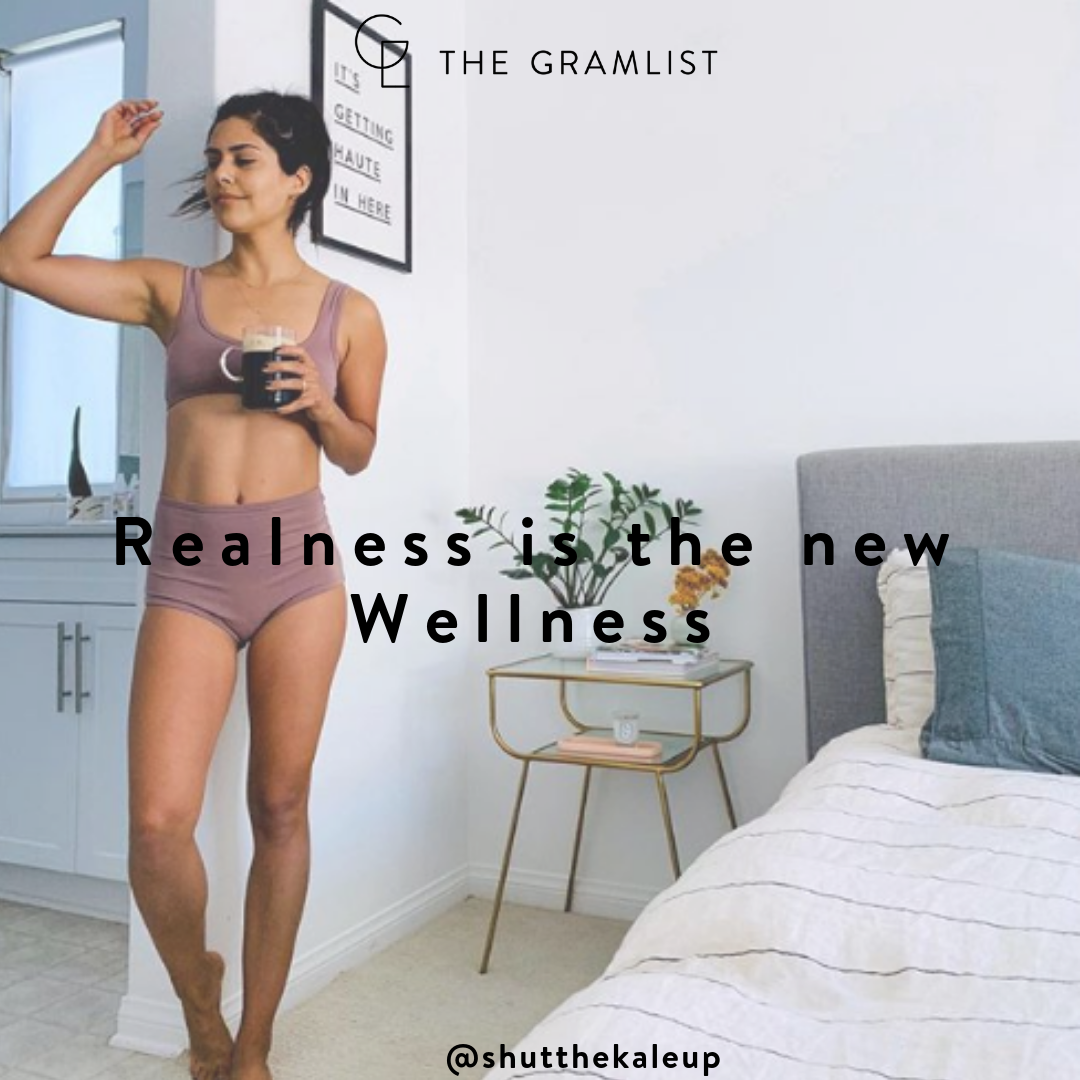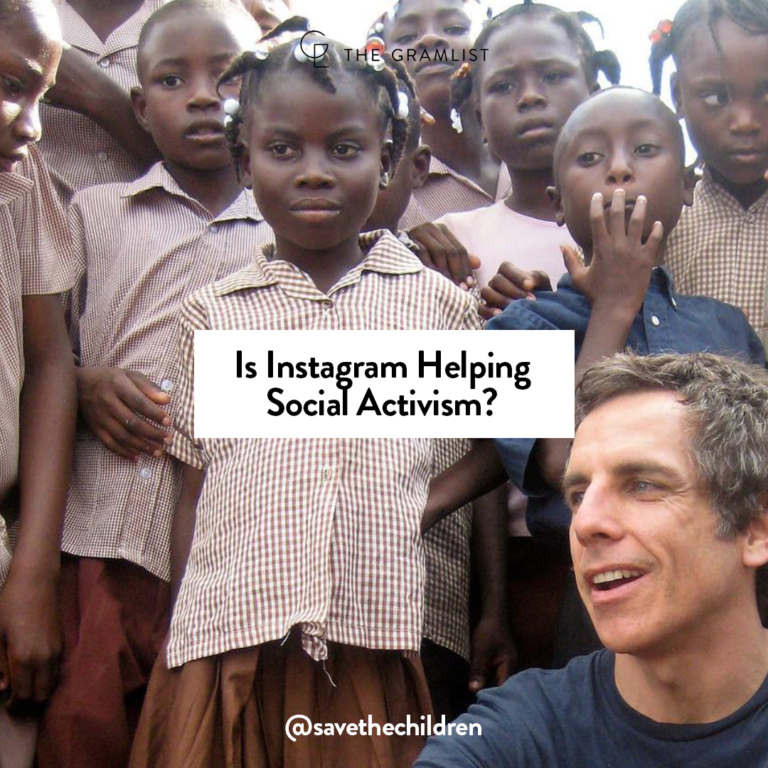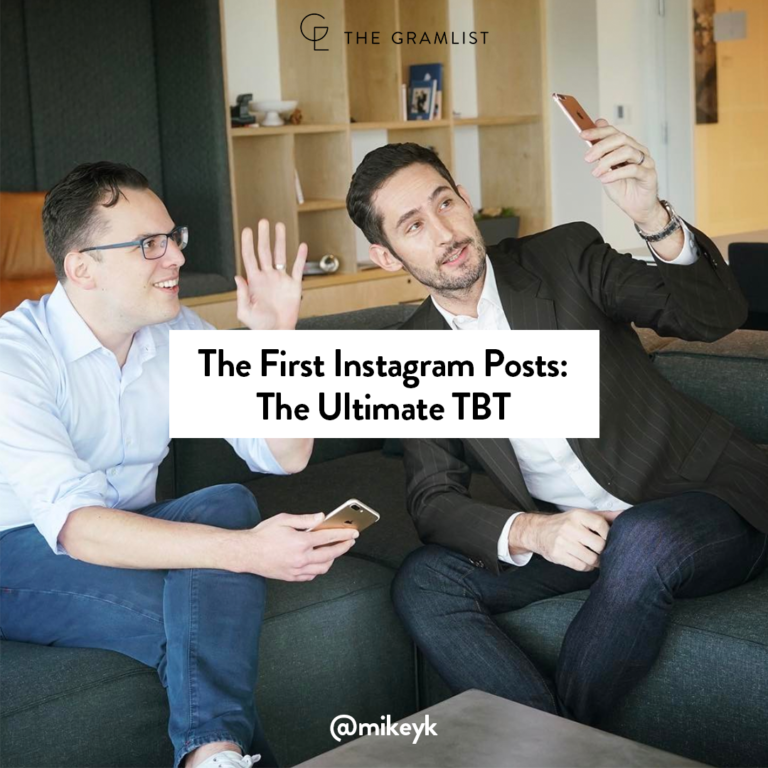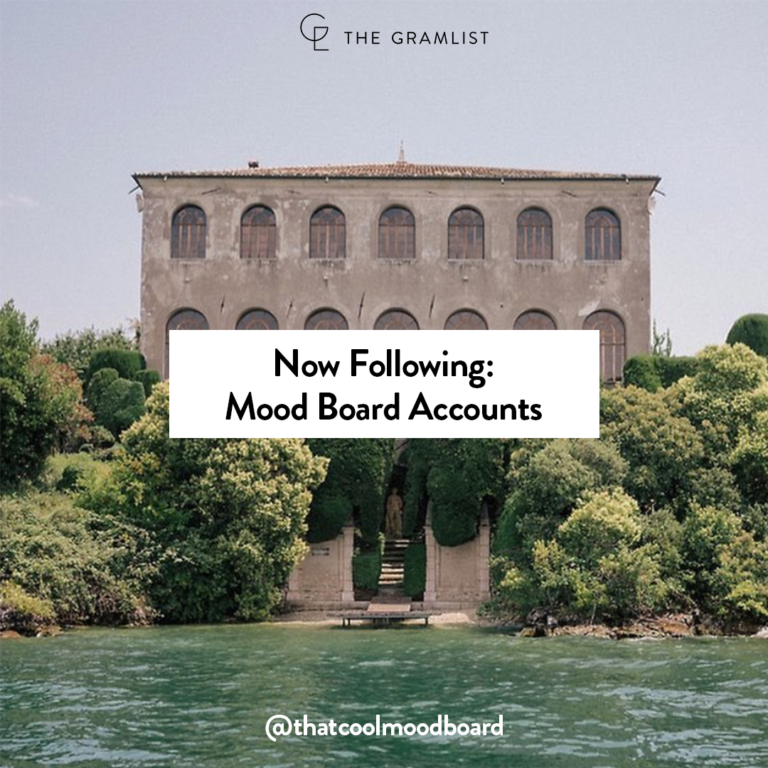
Historically, Influencers in the wellness space have gained prominence by promoting a curated vision of health; one that is at best inspirational and at worst, an unattainable fantasy. In other words, it may motivate you to practice yoga or buy avocado toast, but your sun salutations won’t necessarily overlook Runyon Canyon.
Yet, increasingly, a new guard of wellness Influencer is shifting the conversation, publishing content that showcases a more realistic and authentic vision of what it means to be “healthy.” These woman, including Lee Tilghman (@leefromamerica), Jeannette Ogden (@shutthekaleup) and Chinae Alexander (@chinaealexander), often strip away the glowy, oh-so-perfect filter associated with wellness, instead sharing content that speaks to both the positive and negative complexities of wellbeing. Conversant and engaged in issues like body image and mental health, these women are resisting the urge to filter out the uncomfortable and inconvenient truths they encounter on the path to wellness. Instead, they work through such issues in real-time in front of an audience of hundreds of thousands, breaking down the emotional distance between Influencer and follower in the process.
And while that gap still exists – after all, they’re using their platform as means to wield authority on these topics — their thesis often remains consistent: I’m not perfect; I’m like you; I’m figuring it out, too. In doing so, these Influencers not only embody a paradigm shift in wellness, they represent a rising sentiment in popular culture.
Simply look at the upsurge in memes like “Instagram vs. Reality” and the growing traction of #realstagram, an Instagram-native movement celebrating the unfiltered version of oneself. When former Bachelorette Kaitlyn Bristowe posted the below Instagram, she garnered a 14x increase in comments versus her historic benchmark.
https://www.instagram.com/p/BdyAedfHPBI/
Similarly, model and Influencer Iskra Lawrence saw a comparable spike in comments and nearly double her benchmark likes when she shared the below post using the hashtag #Fyourfacetune while speaking to the damaging mental aspects of Instagram.
With growing awareness around mental health informing our cultural conversation, acknowledging one’s vulnerability is increasingly seen as a strength versus a weakness. Those seeking to lead conversations online and off should take heed of this important trend: Authenticity isn’t just an act of self-care, it can be a powerful means to inspire.
https://www.instagram.com/p/BpMx4gQBrCU/


